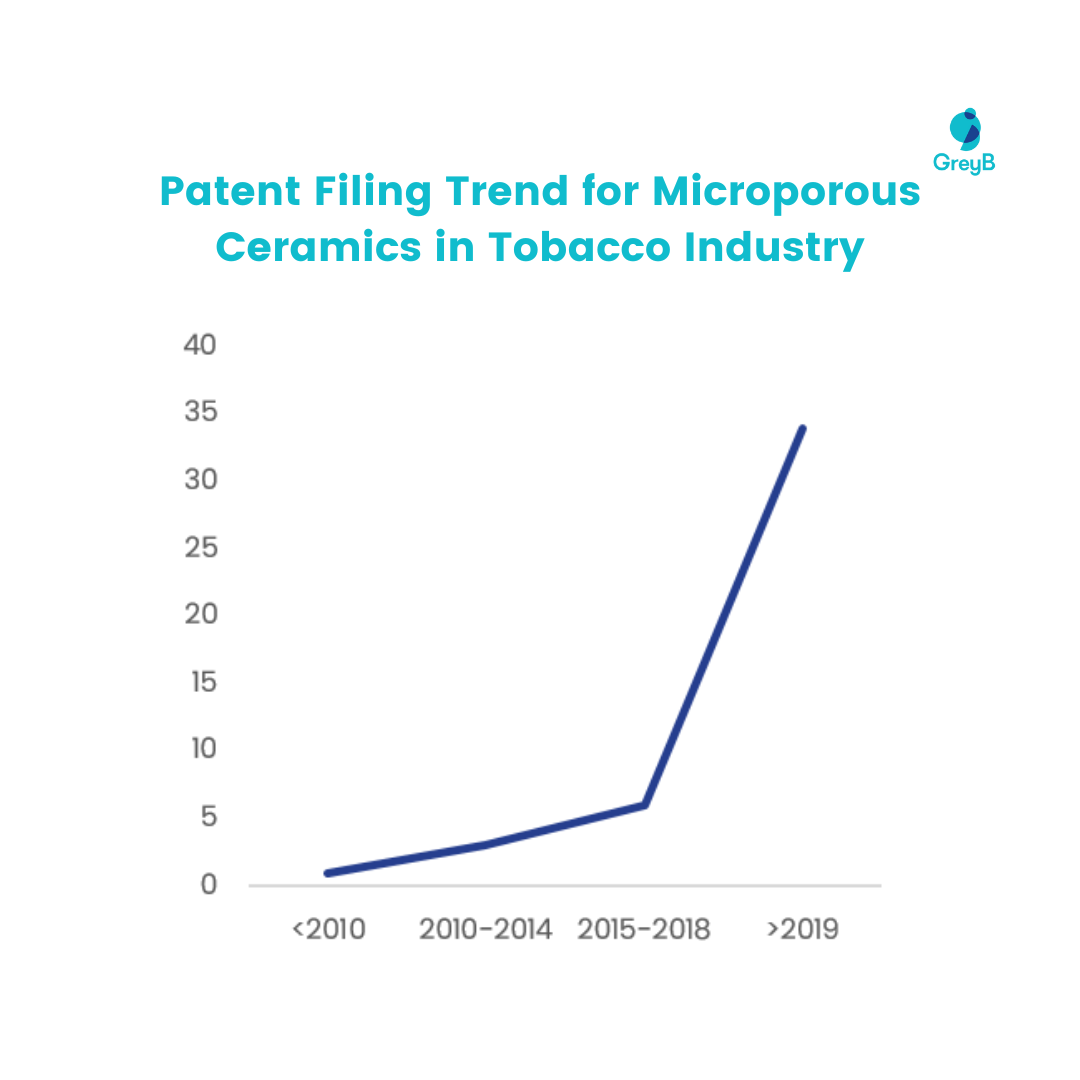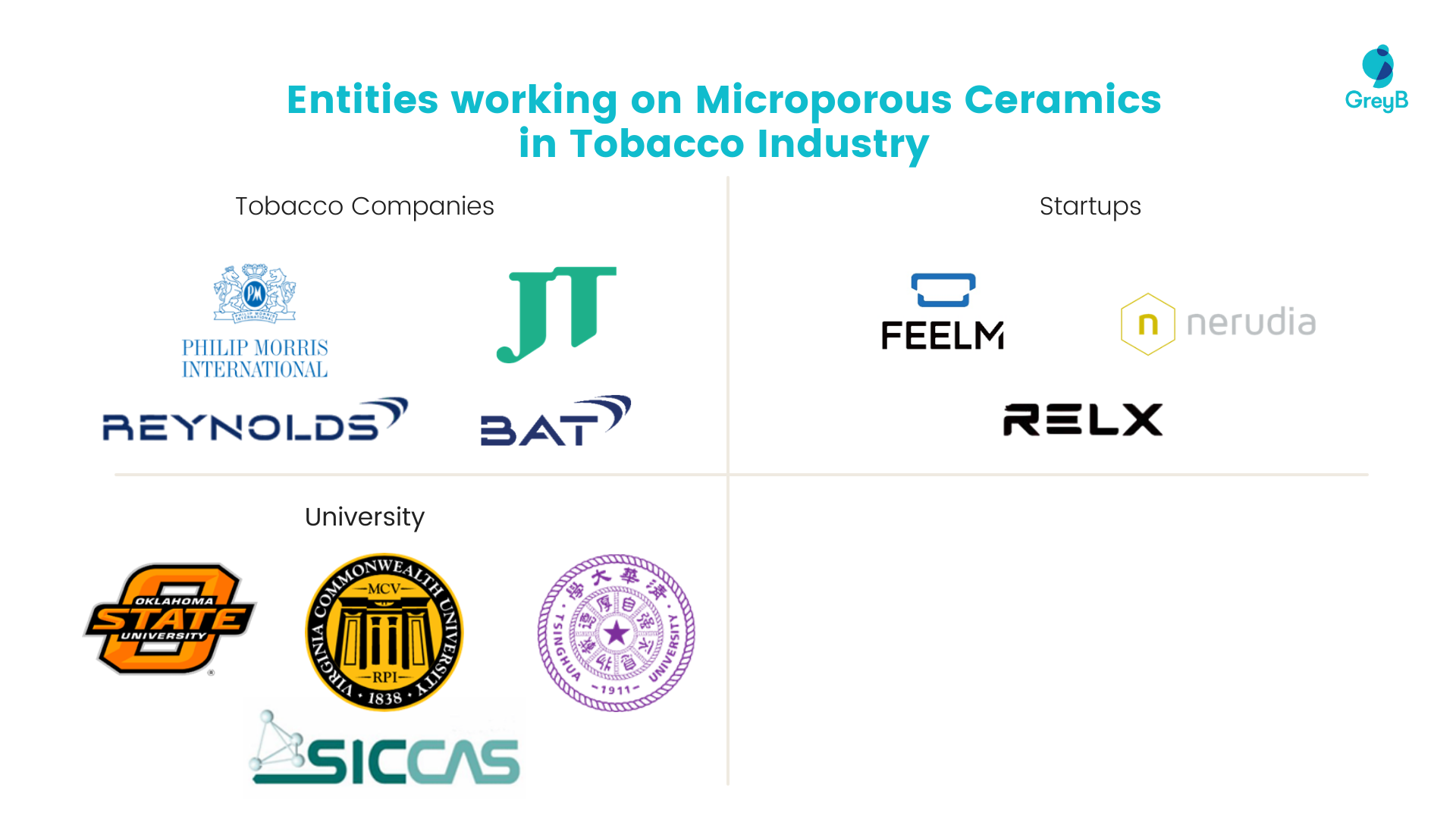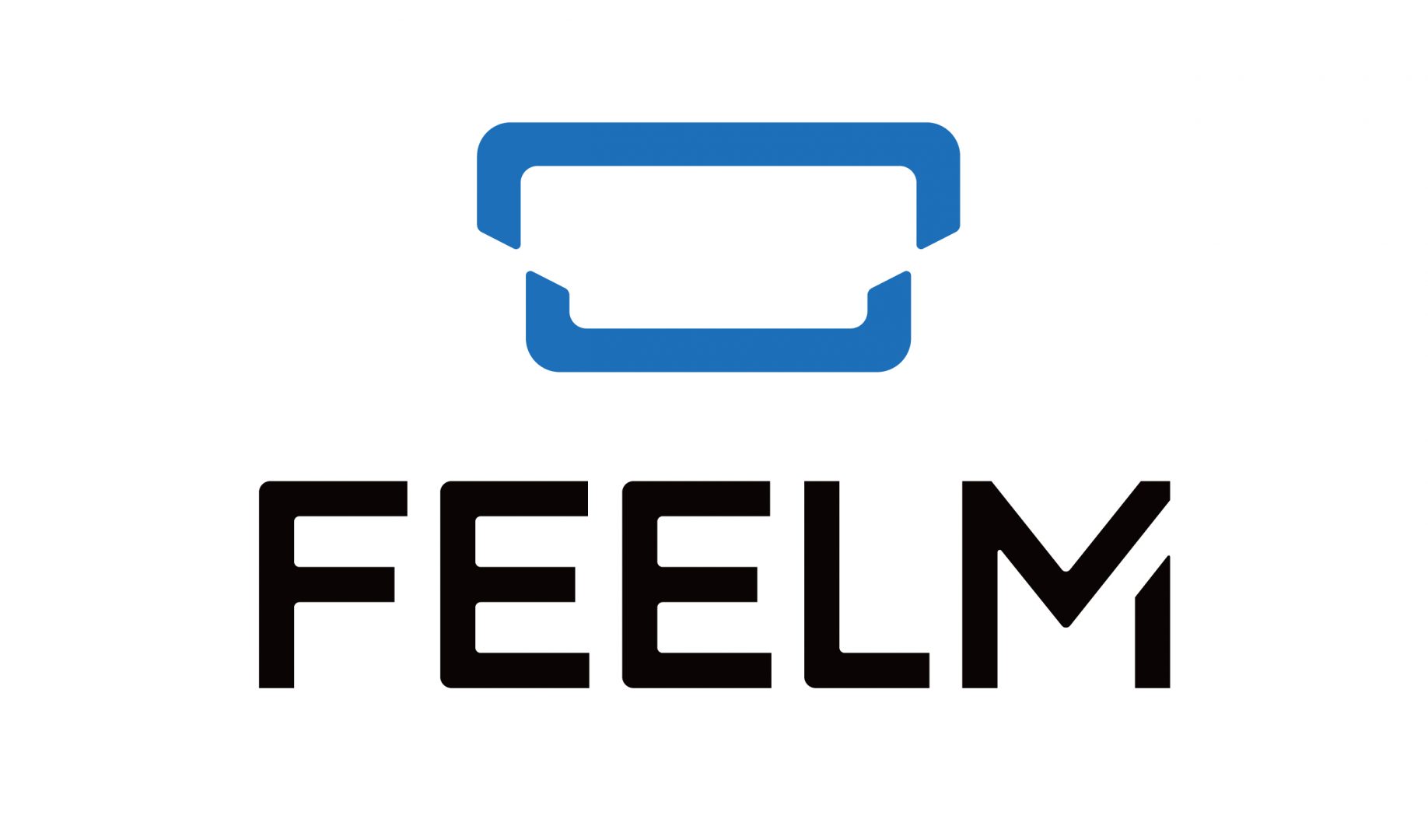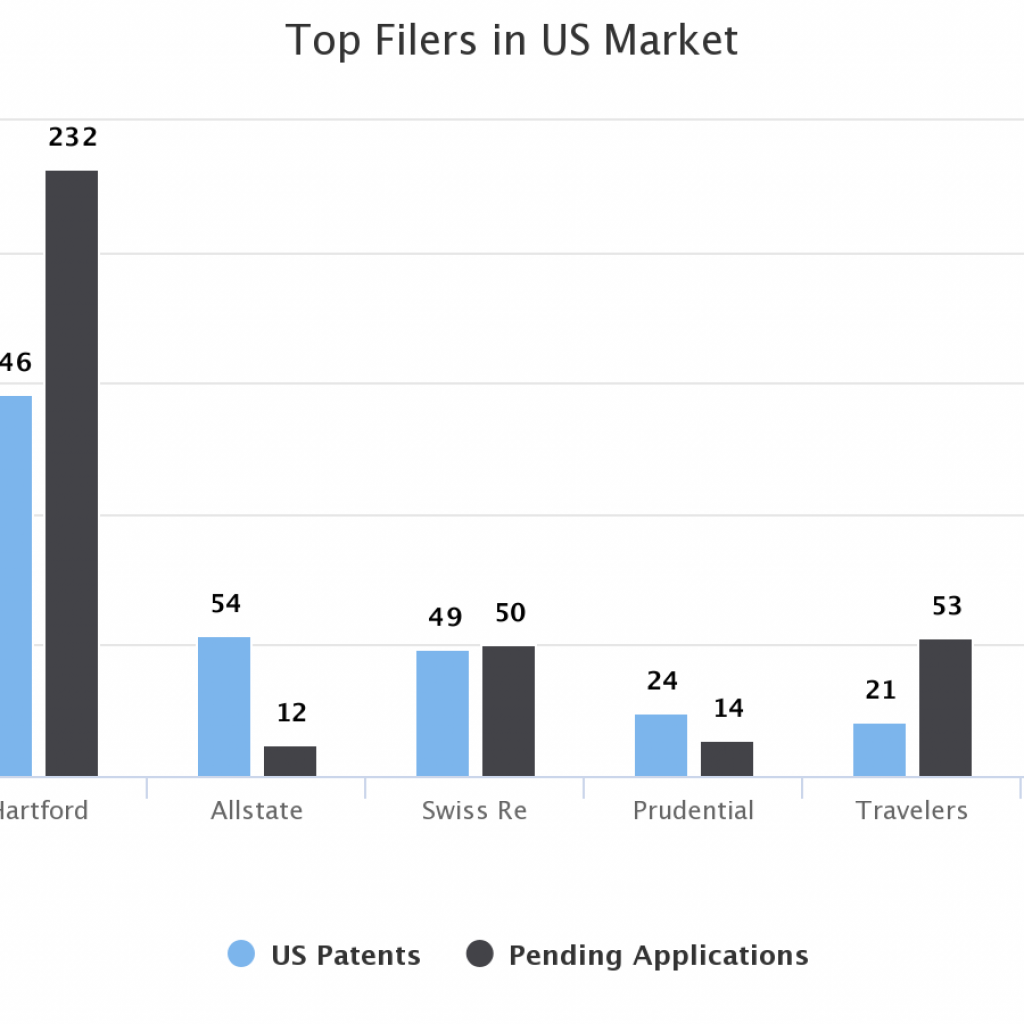Just like other industries, the tobacco industry is looking for ways to make its customers happy by improving their vape experience.
After all, who in the business world doesn’t want to satisfy their customers?
Since the type of heating element of electronic cigarettes and vaporizers plays a crucial role in determining the device quality, we saw an increasing interest in using microporous ceramic filters.

Amidst the competition to introduce new and superior products, which of these innovations will emerge as the frontrunner? Let’s find out.
Who is working on ceramic-based heating technology?

Where is the industry headed?
Research by FEELM on Microporous Ceramic

Leading the innovation race for ceramic-based heating technology, SMOORE’s FEELM specializes in the development and manufacturing of high-quality atomization devices.
The firm has partnered with companies like R.J. Reynolds, RELX, NJOY, and HEXA.
In 2021, FEELM launched ceramic coil solutions for disposable vapes, and the production capacity breached the 3 billion/year mark.
The research interest of the company dives deep into the materials science behind the ceramic atomizer. It suggests using a porous body (US20220312844A1) on which a heating element is disposed.
Further, their patent WO2022161074A1 indicates the company’s interest in developing atomization devices constituting a ceramic heating element and a metal film.
The firm believes this ceramic-metal film-based system provides a more comfortable user experience.
Research by RELX on Microporous Ceramics

While both FEELM and RELX have been collaborating to bring microporous heating ceramics to the market, the latter has been working on developing solutions individually as well.
Their patent, WO2022111135A1, focuses on the process of obtaining the microporous ceramic structure through the use of pore-forming agents like graphite, carbon powder, or wood chips. This is done to obtain high porosity, controllable pre-size, and favorable mechanical properties.
While WO2022111139A1 indicates the optimal permeation rates for the porous ceramic matrix to be in the order of 0.8-4 mg/s.bar.mm2 to ensure optimal inhalation experience.
Not only them but tobacco giants like Philip Morris, JT, and Nerudia have shown keen interest in this field of research.
Interested to know about these researches in-depth?
Our Tobacco Industry Trend report has got it all!
Fill out the form below and find this report in your inbox.
The interest in microporous ceramic filters doesn’t end with these key players; it goes worldwide!
Significant research interest in Microporous Ceramic Filters from China

Companies like Zovoo have already launched ceramic core-based products like the Zovoo Gene Tree Special Edition. To maintain puff purity, the company focuses on the use of powder-free ceramic core technology.

Meanwhile, Shenzen-based Eleaf is researching ceramic wicking system heads to increase their lifespan by maintaining a high-temperature resistance.
The other Chinese tobacco players researching this domain include HQD Tech (CN113925225A), SMISS Tech (CN115159991A), and CNHK (CN115153097A).
Conclusion
As the industry continues to shift towards alternative products, we believe that improving the vape quality by introducing Microporous Ceramic filters will become the next big trend.
Apart from this, many more trends will shape up the tobacco industry in 2023. These trends include age verification, biometrics, sustainable products, and smart vapes.
P.S. If you are going through these trends, our report is definitely meant for you!
Authored By: Prateek and Sushant, Patent Intelligence
Edited By: Ridhima Mahajan, Marketing
Also read: The State of Tobacco Industry 2023: Navigating through the FDA Regulations









